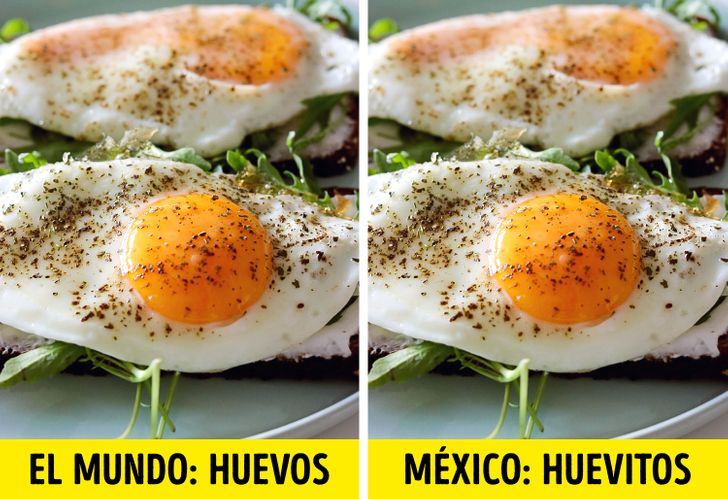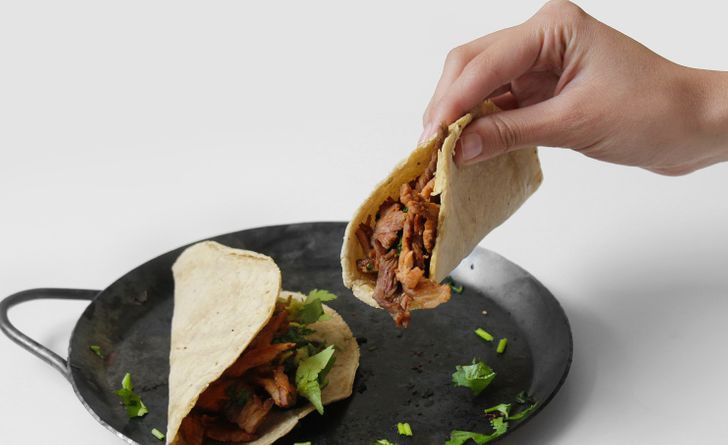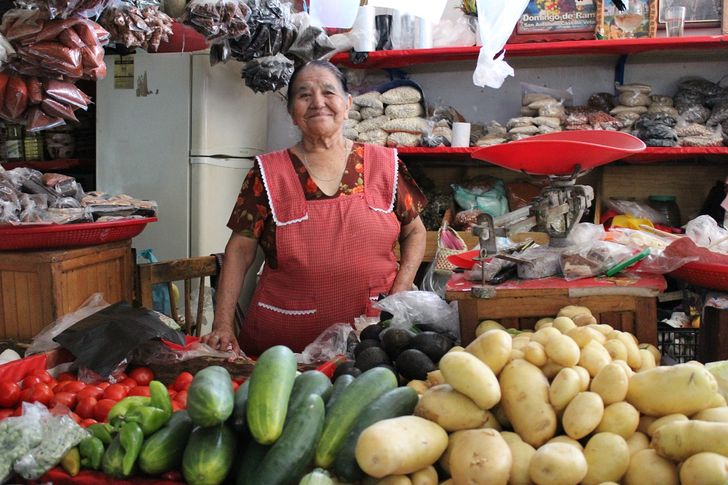Each country has unique and amazing customs, which can also become incomprehensible to those who do not live there. Mexico is a very large and unique nation, as it has a millenary history full of traditions that were the result of all the cultures that once inhabited its territory. Insects in the food, spicy that itch and that does not itch, and electric shocks to accompany your drink are just some of its funny peculiarities.
Today he wants to talk to you
about some of the things that confuse many of the tourists who visit Mexico
year after year, especially if they live in the country for some time.
1. Fruit with chili
Mexican fruit is already good in
itself, since the country has different climates, which are ideal for each type
of fruit. However, adding the Mexican thing means adding a spicy touch that
contrast. It can be with sauces, chamoy or powders of different types of chili,
but there is no fruit seller that does not offer it out of the box.
2. The diminutive in everything
The Mexican does not eat eggs
with beans, but eggs with refried beans. In the same way, he does not get a
headache, but his head hurts. Several linguists have studied the importance of
the use of the diminutive for the Mexican, and it is affirmed that it is an
affective diminutive. However, there are even studies that relate this
particularity of Spanish to the influence of the Nahuatl language.
3. Chile that spicy and not spicy
Sitting down to eat in Mexico implies trying something spicy, but there are nuances in it. It is common for a Mexican, upon seeing a foreigner eat, to indicate which sauce is hot and which one is not. Sadly, that difference will only be noticed by an experienced palate, although when it comes to street food, it is common for those two varieties to be offered.
4. The mañanitas
In the world different songs are
sung to celebrate a birthday, and they all say basically the same thing:
"happy birthday", just like that. For those occasions, in Mexico
there is a specific song called Las mañanitas, which has an uncertain origin.
It has different versions, some very long, and even one sung by Roger Waters
live.
5. How a taco should be eaten.
There is a saying that “you will be known by how you hold the tortilla”, and it is right. Although there are people from all over in Mexico, their graduation as a Mexican is the way they hold and bite into a taco. The most ingrained way to do it like an expert involves turning your head 45 ° while biting it, holding it with three fingers. There are more advanced levels that involve holding the plate with the other hand and a soda bottle at the same time, but that's too much.
6. Right now, just.
The "Mexican time"
implies a whole unknown dimension for tourists, because "right now"
will never mean "at this moment", but not necessarily later. It is a
paradox that mixes a small "now" with an indefinite time.
7. You don't say “what”, you say “send”.
It is very easy to identify a Mexican abroad from a simple word: “send”. From childhood, Mexican mothers instruct people to be kind and prudent. Answering a curt "what" to a misunderstood question or someone's call is considered too rude. The correct answer is always "send", and a foreigner is always confused with "what to send".
8. Street food at all hours.
In several countries there are specific times to eat, and it is important to know them because not doing so implies staying on an empty stomach. In Mexico there is food all day on the street. If you can't eat in a restaurant, there will surely be a concession stand available, but staying hungry is not an option.
9. They are all güeritos and friends
There is plenty of hospitality in the Mexican, that's why we all belong to a big family when it comes to shopping. The salesperson will try to persuade his customers by saying "güerito", "amigo" or even "cousin". Everything works when it comes to showing kindness and closeness.
10. Orale
This expression has a meaning that depends entirely on the tone in which it is said. It may be a surprise, "hey, I didn't expect it"; of encouragement, "pray, fan yourself"; common agreement and approval, "pray, we are here", and the less frequent, as a greeting, "pray, how are you doing?"










No hay comentarios.:
Publicar un comentario